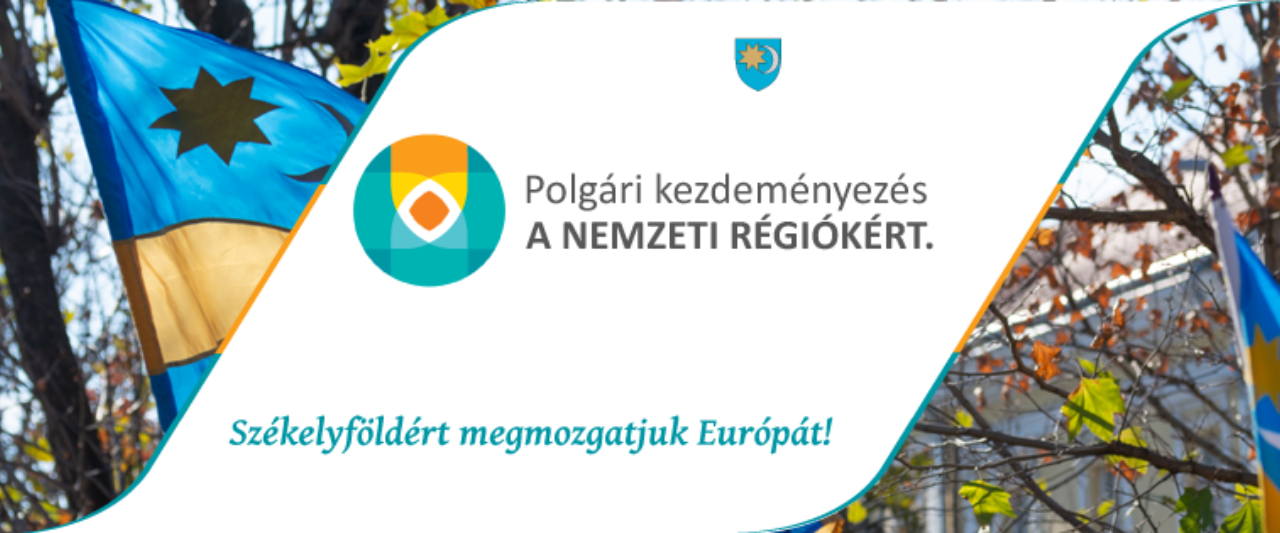The National Electoral Office (NVI) has confirmed the new supporting signatures of the European citizens' initiative launched for national regions in Hungary, Izsák Balázs, representative of the initiative committee and president of the Székely National Council (SZNT), announced on Tuesday.
According to the announcement sent to MTI, the NVI verified 57,000 online signatures in Hungary that were previously not available due to technical reasons.
After the inspection, the NVI stated in a decision on Monday that the organizers had collected 901,758 signatures from Hungary, of which 826,826 were valid.
Izsák Balázs emphasized that Hungarian society was the most receptive to the European citizens' initiative launched for the national regions among the initiatives so far.

Izsák Balázs/Source/szekelyfold.ma
"It follows from this that Hungarian society is not indifferent to the fate of Hungarians across the border. They want the Hungarian-majority regions of the separated territories to preserve their Hungarianness, to develop, and to feel that the society of the motherland is in solidarity with them.
The fact that this took the form of a European citizens' initiative also clearly indicates to the institutions of the European Union: the Hungarian issue is a European issue," Balázs Izsák said.
The president of the SZNT stated: before the submission of the citizens' initiative, the typical scene of regional autonomy and regionalism was Western Europe, and the autonomy statutes of Catalonia and the Basque Country served as an example for the Scots and the Welsh.
He added: apparently, Székelyföld will be the Central European center of ethno-regional efforts. Those regions that want to win or expand their right to self-determination can count on Székelyföld, he said.
The essence of the European citizens' initiative launched for the national regions is that the EU member states should take into account the national and cultural characteristics of the regions when distributing cohesion resources for the elimination of economic backwardness.
During the signature collection that ended on May 7th, the initiators managed to fulfill the conditions imposed by the EU. More than 1.4 million signatures were collected instead of the required one million, and instead of the required seven countries, eleven countries managed to cross the threshold with the number of signatures. Crossing the threshold was confirmed by the competent authority in eight countries (Hungary, Romania, Slovakia, Croatia, Ireland, Spain, Belgium and Lithuania).
Source: MTI/ Felvidék.ma
Featured image: Felvidek.ma












